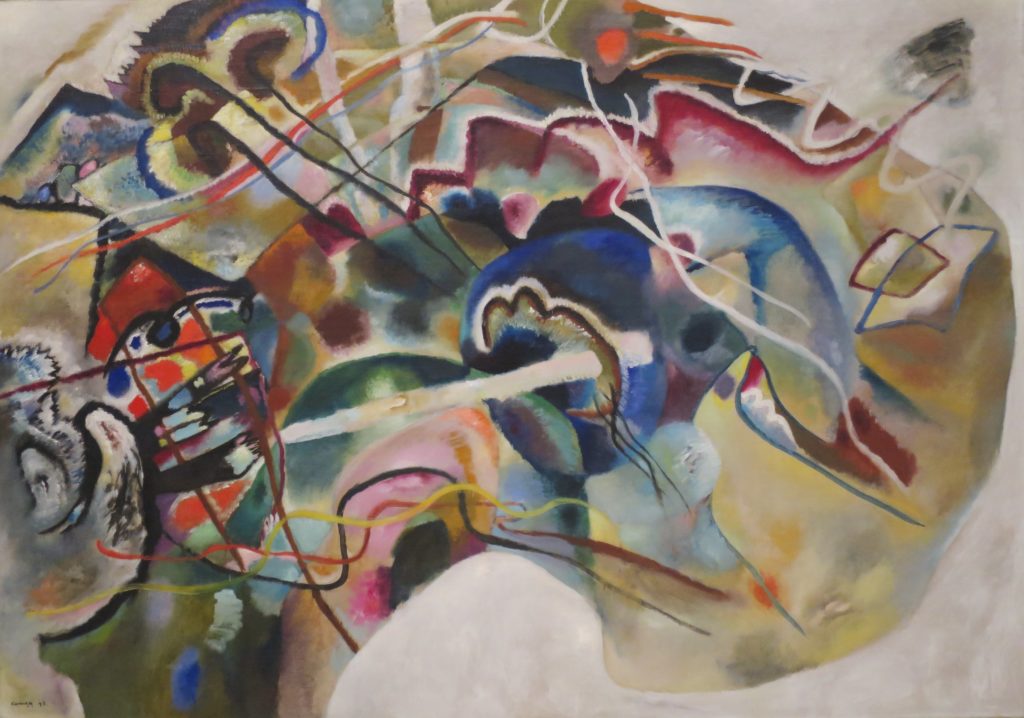
John Flaxman, The Dancing Hours
Something Missing in Propertius
by Darrell Sutton
Readers can be perplexed by the arguments that textual critics employ when they emend the wording of ancient writers. Critics’ trains of thought are not easy to follow at times; but assiduity is needed in the correction of texts. Since text-critical criteria are not infallible standards, the pathways to truth are strewn with obstructions, requiring detailed studies of a text’s contexts in order to establish a text’s profile. Articles and books on how to perform text-critical procedures can be acquired, and reviewing one’s predecessors can show how they opened new ranges of thought and broadened investigations.
This essay is an analysis of some ‘missing’ words in a MS of an ancient Latin poem composed by Propertius (c.55BC-16BC). The dates of his birth and death remain insecure. No one doubts the perspicacity of Propertius. He was a great poetic stylist. His elegies are unique, well-nigh inimitable. His use of metaphor and simile, and his many allusions to Greco-Roman myth, fill the reader’s mind with symbolism. Some of his phrases form intricate webs of meaning like those found in Catullus’ poems.
The history of the text’s transmission is avoided in all that follows. But a rapid survey of the contents surrounding the missing verses is given before an examination of the textual issues of III.1.27 begins. Continue reading


















Perfidious Albion
Perfidious Albion
The United States’ Entry into the First World War: the Role of British and German Diplomacy, Justin Quinn Olmstead, The Boydell Press, Woodbridge, 2018, hb, 206 pp, reviewed by Leslie Jones
In 1914, the majority of Americans wanted to avoid US involvement in the European war. Indicatively, two thirds of 367 American newspaper editors surveyed by the Literary Digest supported neither side. But just as today, there was a gulf between the views of the eastern elite and those of the heartland. Concerning the sinking of the Lusitania in May 1915, the Chicago Tribune commented that since Britain did not obey international law, why should Germany? In contrast, a recurrent theme of articles in the New York Herald and New York Times was that Germany was bent on world domination. British propagandists worked tirelessly to demonise the Kaiser-Reich. At times, Wilhelm II played into their hands, as when he urged troops, embarking for China to suppress the Boxer rebellion, to “…beat him [the enemy] …give no pardon and take no prisoners”.
Diplomacy and propaganda dovetailed in Britain’s efforts to draw the US into the war and of those of Germany to keep her out. For Germany, “the maintenance of American neutrality was key”. President Woodrow Wilson and his Secretary of State William Jennings Bryan were relatively untutored in foreign affairs and depended on the advice of Robert Lansing, Counselor of the US Department of State. Wilson’s inexperience in foreign affairs was compounded by depression, following the death of his wife Ellen in August 1914. Continue reading →
Share this:
Like this: